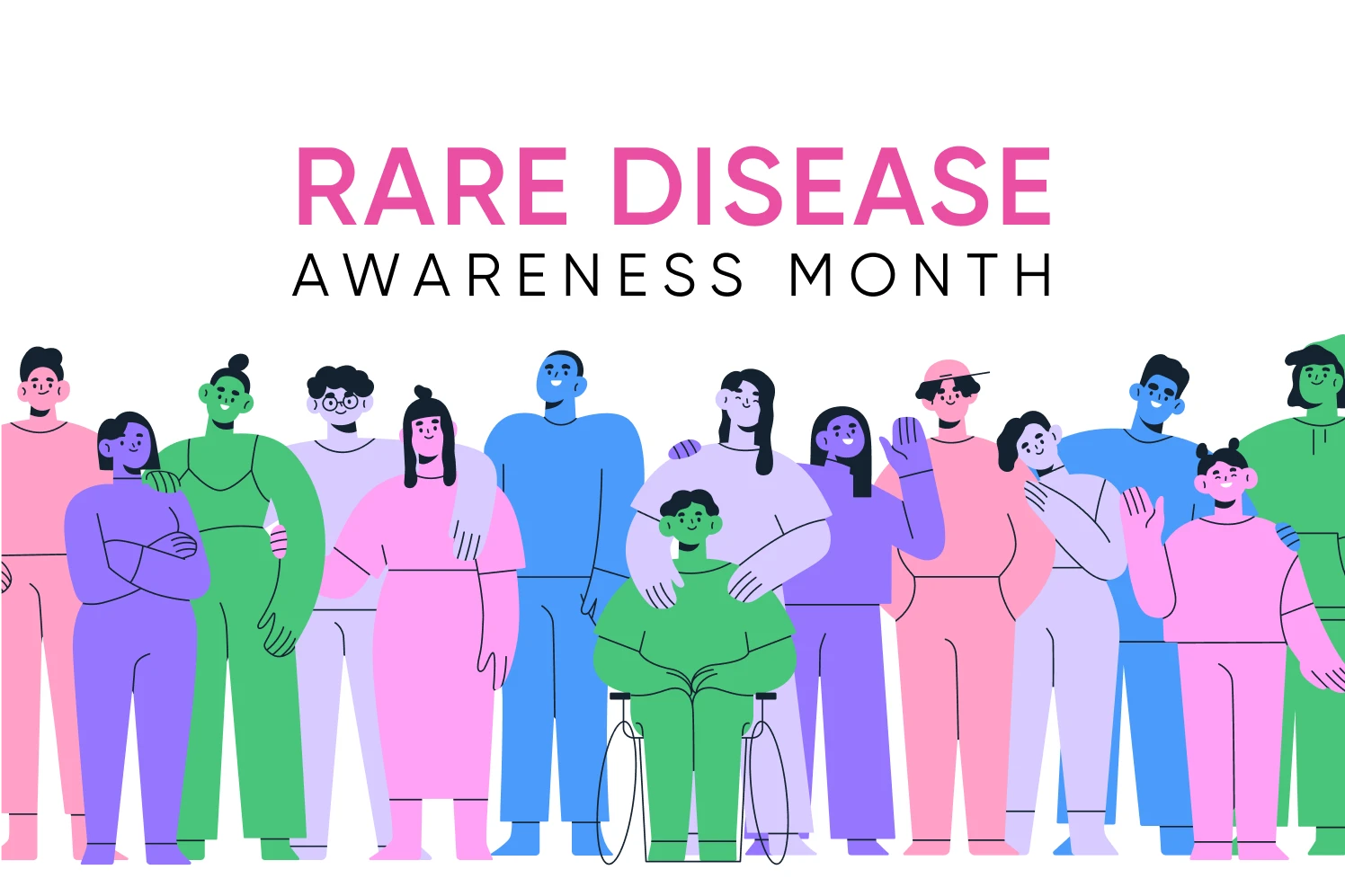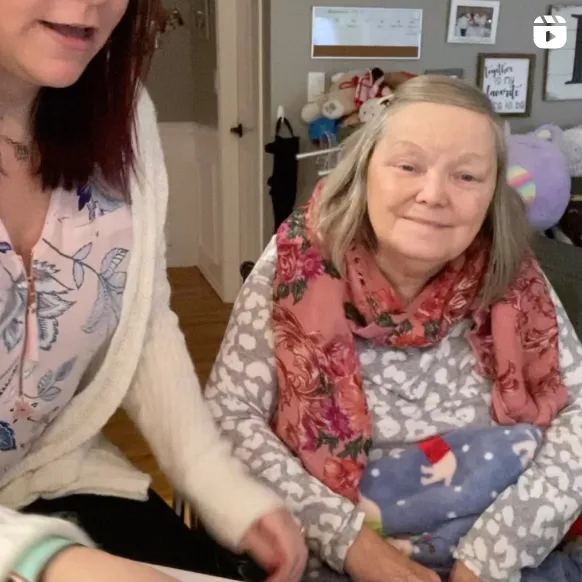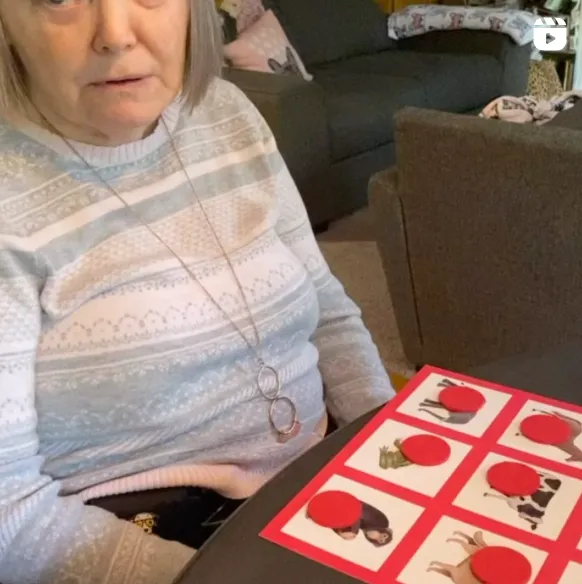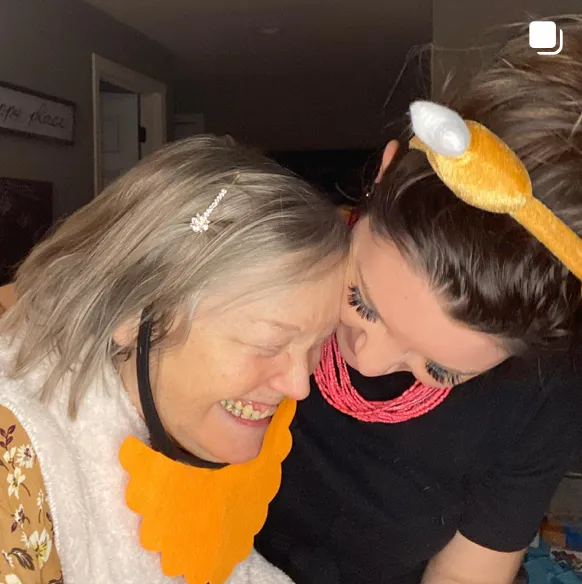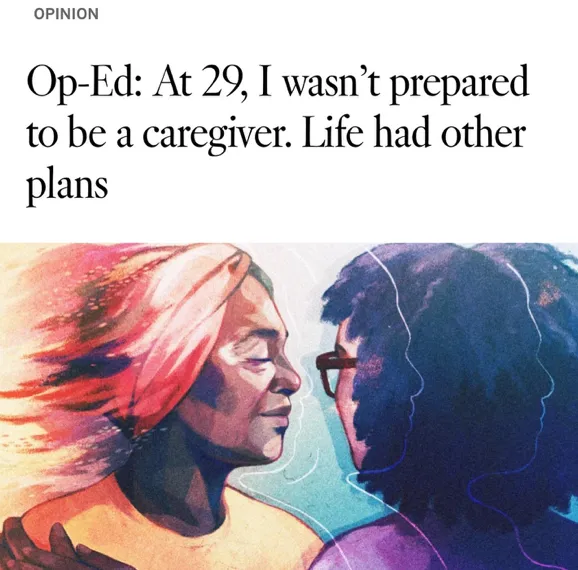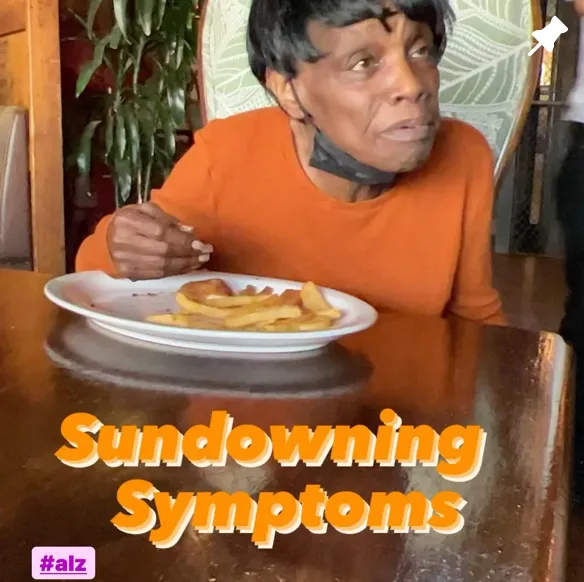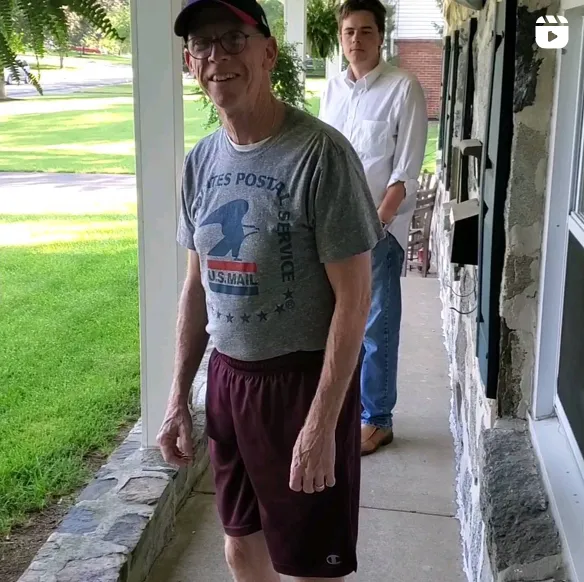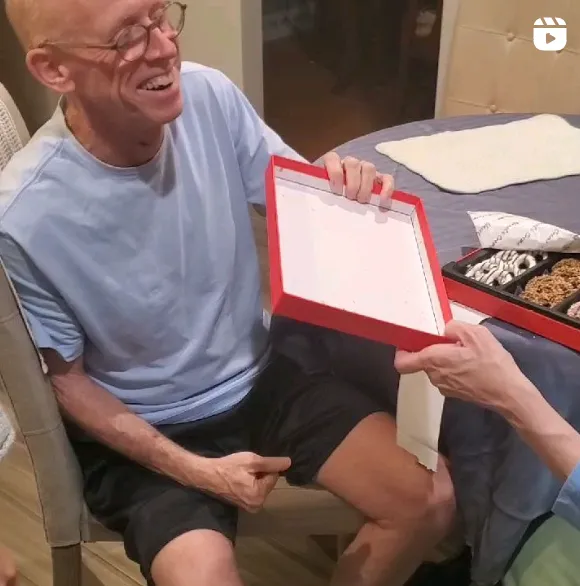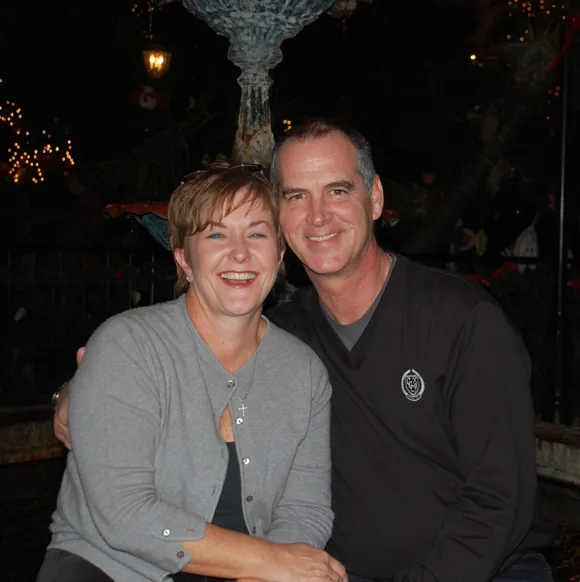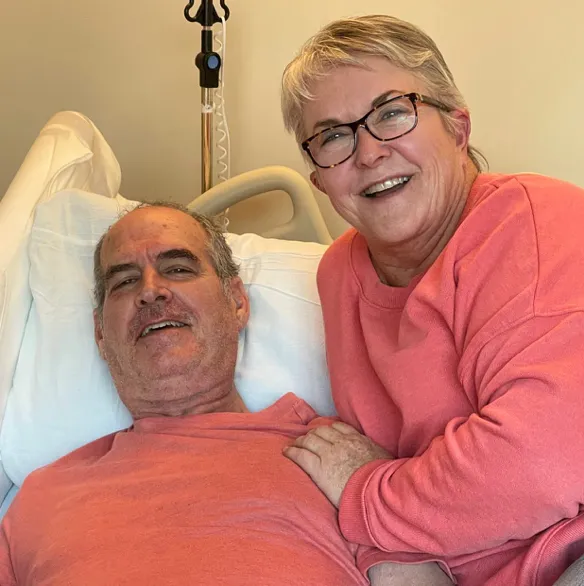As nurses, Amanda and Jose have both an easier and harder time providing a basic description of Kabuki syndrome, a rare genetic condition that can affect many body systems and can differ widely from person to person. These two parents spoke with AllStripes together, about their experience with Kabuki syndrome, their daughter’s diagnostic journey, what it felt like to get outdated information and the urgent need for more research.
Our daughter was born at 38 ½ weeks in Missouri. She was just over four pounds. After a little over 24 hours in the hospital, we went home. Everything was okay but nobody knew why she was so small. They did some screenings on me (Amanda), the placenta, newborn screening — nothing came back as abnormal.
She was not growing well, but just well enough to not be flagged as concerning. As parents, we’re thinking, we have a four-pound baby who’s getting by just enough to pass those benchmarks. Around the four-month mark, feeding was going okay but she started missing milestones: the interactive milestones, strength milestones with movement, crawling, all of that was just delayed enough to worry us. She hadn’t had any catchup growth, which is typical for most babies born small.
We decided to do some digging and were reading literature about kids born small for gestational age, which is the only medical diagnosis that our daughter had. She had no problem with blood sugars or things like that. She’s had no surgeries and no feeding tube, which are really common for Kabuki patients. After she missed her early milestones, Amanda asked our pediatrician for a referral to endocrine for blood work. We had a really good relationship with our endocrinologist who immediately noticed enough to pursue some blood testing, which was reassuring and validating as parents.
We’ve found that we often have to advocate as parents, because people don’t know what Kabuki syndrome (KS) is and in the beginning people didn't even acknowledge that something was different. We’ve been advocating from the time she was 4 months old to the present.
Our endocrinology doctor ran numerous tests until they hit a wall and referred us to the genetics department. They performed whole-exome sequencing, which looks at all the parts of the DNA that make proteins in the body. Both of us also sent in our blood.
We got the results in fall 2016. Our daughter was born in December 2014 and we started the path toward diagnosis in the summer 2015 and much of that time we worried about what was going on in her body. When she was diagnosed, nobody in our area had seen a case of Kabuki syndrome, which contributed to the delay of her diagnosis.
When she was diagnosed, we were handed this 25-page packet published in 2010, it’s black and white, and looks outdated. From a medical literature perspective, Amanda said after the appointment: “This is not good enough!”
We wanted explicit information on how to take care of our daughter, but unfortunately all we were given was a list of all the different body systems and how KS could affect each one. We don’t know how likely or when or for how long she may have some of these symptoms. The information our doctor handed us was from an organization that had disbanded. It was nice to have something — and she found something, for what it’s worth. But it definitely wasn’t ideal. We immediately started searching online for more information and thankfully found All Things Kabuki, a patient advocacy group for KS families.
After being diagnosed, our daughter had an MRI, additional blood work, cardiac tests and more — we saw 12 specialists within that year, ruling things out. She could have had problems in all these areas, but we still didn’t even know how likely because we don't have enough data yet. We’re lucky to have gone through those tests to rule out other concerns for now. Thankfully she currently only sees a handful of specialists, but for the most part it’s wait and see for the future. We are so thankful for knowing her diagnosis, because we and her providers have a better idea of what to watch for. Still, there’s just not enough information about Kabuki syndrome symptoms and related treatments.
Our daughter is overall very healthy, and she only takes one medication every day, a growth hormone injection. This is something we choose to do based on the limited information we have on benefits like increasing her appetite, muscle mass, strength and joint strength. She has low muscle tone and physical therapy is — and always will be — a big part of her life.
We were very lucky and were able to move from Missouri to just outside of Seattle. Our daughter now sees the geneticist whose research we were reading back in Missouri. To be able to go to the source of that information is just amazing.
Amanda now volunteers with a KS patient advocacy group, Kabuki Syndrome Foundation, which partners with AllStripes. That’s initially how we heard about this research program. To see an outside company taking interest in our rare disease was really cool, and we love knowing we can access our daughter’s medical records in one place at any time.
This presents a huge potential for centralized data collection and gathering enough data points to move research forward, hand in hand with the needs of rare disease communities, who are frequently neglected compared to other health conditions.
We don’t want families that are in smaller communities like we were previously in Missouri to be handed outdated materials after receiving a potentially life-changing diagnosis. There shouldn’t be a reason why they can’t have a televisit with a clinic or provider with access to up-to-date information. This wasn’t necessarily an option when our daughter was diagnosed, but there wasn’t as much information then either. Many people can’t go to these resources, so we want to help bring these resources to them. As parents who have just started this rare disease journey with our daughter, it is important to us to do everything we can to get the word out and help bring information and resources to other patients and their families.













